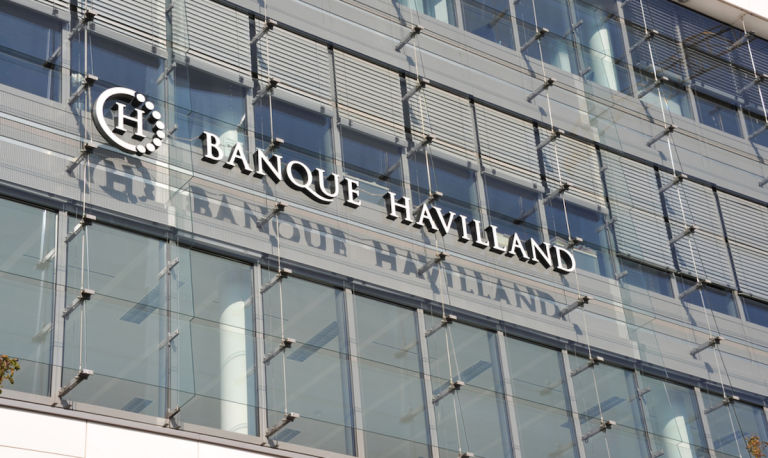
Revolut’s chairman is reportedly part of a group aiming to purchase part of Banque Havilland.
Martin Gilbert is among the investors in talks to buy the Monaco-based arm of the private bank, which recently lost its license because of concerns about its internal controls, Bloomberg News reported Monday (Sept. 23).
Banque Havilland is in negotiations with Gilbert, the former chief executive officer of asset manager Abrdn Plc, and other investors — including former Abrdn executive Ivan Murphy — to sell its Monaco business, the report said, citing a statement from the bank.
Murphy said the investors aim to “restore the trust” of the bank’s clients and staff after last month’s news of the license forfeiture.
“We are excited to work with the existing team to close this transaction and move forward to build a strong traditional independent private bank in Monaco,” he said in the bank’s statement.
The bank announced last month that its banking license had been withdrawn by the European Central Bank (ECB), which also issued a suspension of payments order.
“The Bank has decided to challenge the ECB Decision but will not oppose the application of the regime of suspension of payments which is intended to protect the interest of all parties involved and ensure a structured process moving forward,” Banque Havilland said at the time.
The Bloomberg report notes that the ECB decision was the culmination of a 15-year battle in which the bank was fined for money laundering failings, while also being accused of trying to destabilize Qatar’s economy.
The news comes as other lenders are facing pressure from regulators over their money laundering controls.
For example, the Office of the Comptroller of the Currency (OCC) announced earlier this month that it has signed a formal agreement with Wells Fargo to fix deficiencies in its anti-money laundering (AML) and financial crimes risk management practices.
Those deficiencies are related to “the bank’s financial crimes risk management practices and anti-money laundering internal controls in several areas including suspicious activity and currency transaction reporting, customer due diligence, and the bank’s customer identification and beneficial ownership programs,” the OCC said.
And last month, TD Bank released quarterly earnings that included a $2.6 billion provision related to a possible investigation into its AML program. This follows a $450 million provision announced during the prior quarter.